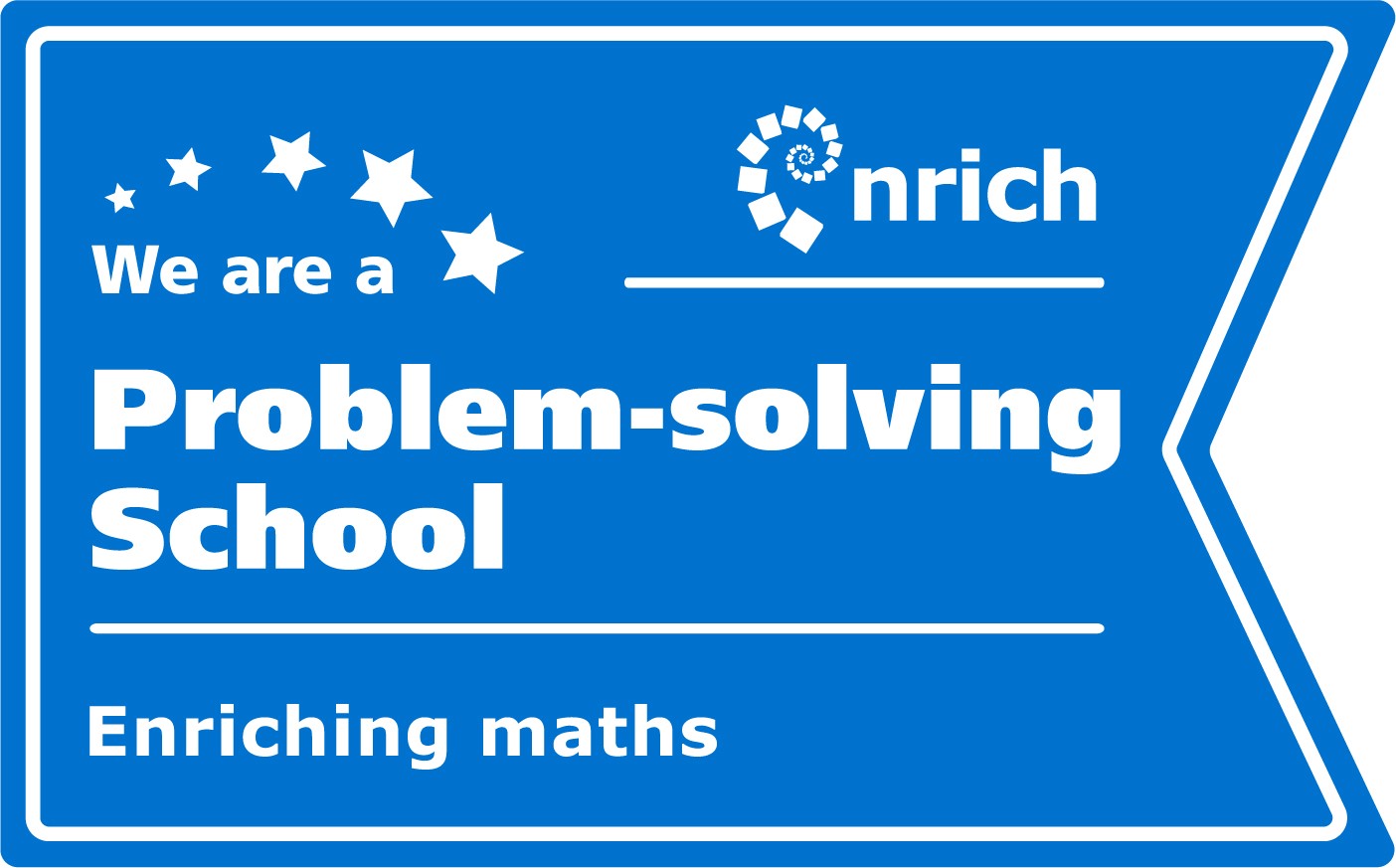Religious Education
Overview
At Lodge Primary School, we aim to develop children’s skills of enquiry, reasoned argument and reflection. We are a multi-faith school and offer a rich and varied curriculum to reflect this. By following the Sandwell Agreed RE Syllabus (RE SACRE), our children are taught to be both respectful and tolerant of all other cultures and faiths.
Intent
At Lodge Primary, we aspire to teach children about a range of religions and learn to respect and ask questions about different religions, traditions and cultures around the world.
Across the school year, we aim to make R.E relevant by studying and celebrating real events. We achieve this through class assemblies and productions that are linked to key festivals and religious celebrations. During these productions, children exhibit their religious educational learning in many ways including dance, writing and role-play. In addition to this, we have termly whole school assemblies, led by Birmingham City Mission, which focus on Christian Bible stories. Our curriculum also covers, Judaism, Sikhism, Islam and Hinduism.
Children are encouraged to think about their own school and personal values and to develop their understanding of how people of different backgrounds or beliefs may share similar and differing values. Children are given many opportunities to answer questions as well as asking their own questions in order to develop their critical thinking, self-belief and self-confidence.
At Lodge Primary, we strive to give our children real life experiences in order to enhance their learning. We aim to achieve this through the use of religious artefacts and by visiting local places of worship.
Implementation
|
RE lessons |
At Lodge, our RE lessons will have:
|
|
Subject specific vocabulary |
Key vocabulary is identified and explicitly taught. Children learn to understand and use this vocabulary when discussing and articulating their thoughts. |
|
Provision in EYFS |
Children are given a secure grounding in the Prime Areas of learning, ensuring they have a good foundation on which to build through the specific areas, including Understanding the World. |
|
Books |
Children will have constant access to a wide variety of subject specific fiction and non-fiction books, available in RE lessons. Children will have access to holy books, stories or translations of extracts from holy books. |
|
Use of artefacts |
Where possible, we use artefacts for children to explore and investigate. We believe that hands on practical learning will enhance the children’s RE knowledge and skills. |
|
Assessment |
Class teachers assess children’s understanding in RE using AfL through questioning in lessons. At the beginning and end of a unit, Hot and Cold assessment tasks are used alongside assessment indicators to determine whether a child is working below, at, or above age related expectations. Outcomes of assessments are then analysed to adapt pedagogy in RE and address common misconceptions. |
|
External learning |
We plan opportunities for children to visit places of worship. |
|
Approaches to teaching |
A wide variety of teaching approaches are used in to ensure children make good progress, and all learning styles are catered for. Class teachers ensure there is a good balance of whole class, paired work, group work and individual learning in RE lessons. Enabling and extending factors are used to scaffold or challenge pupils. |
Impact
At Lodge, our RE curriculum allows children to have:
- A wider understanding of different faiths, religions and traditions
- The ability to be able to recognise and celebrate differences
- External visits to understand the world and religions around them
- The ability to feel safe to learn new things and share their beliefs with others in a safe and nurturing environment
We measure the impact of our RE curriculum through:
- learning walks, book scrutiny and observations
- start and end of unit Hot and Cold tasks

